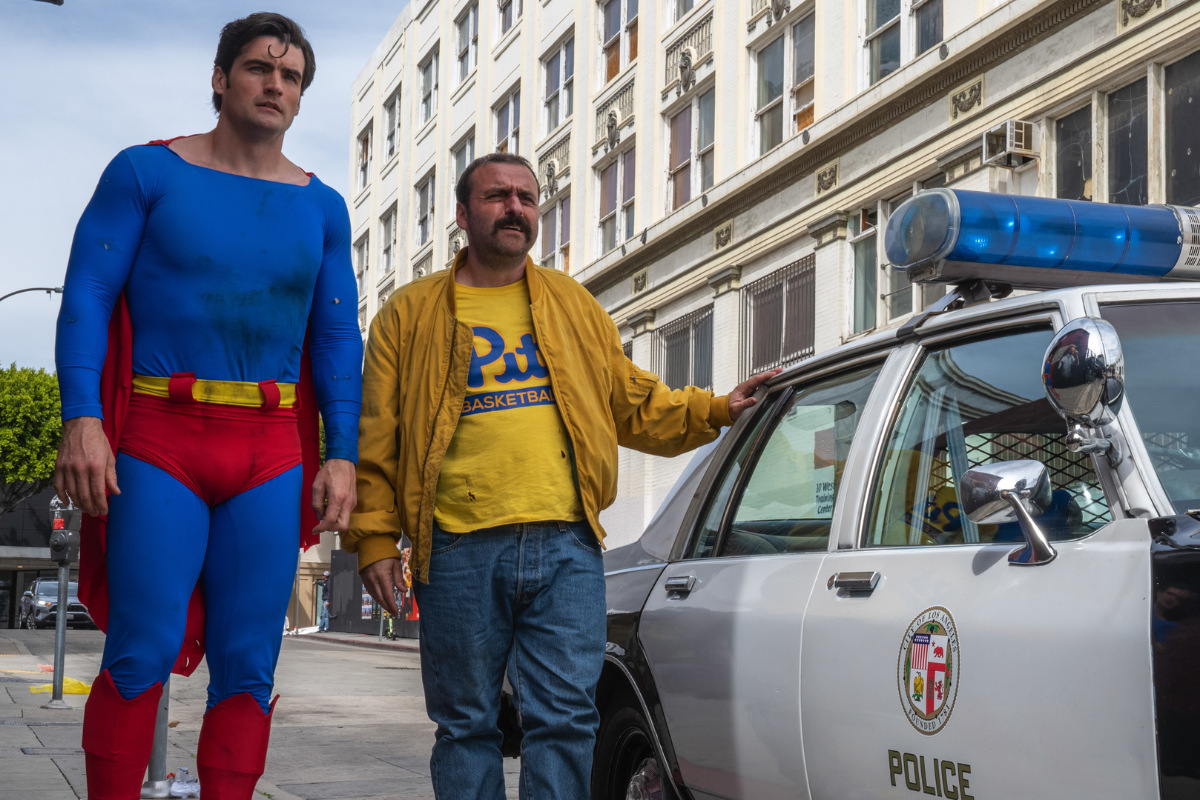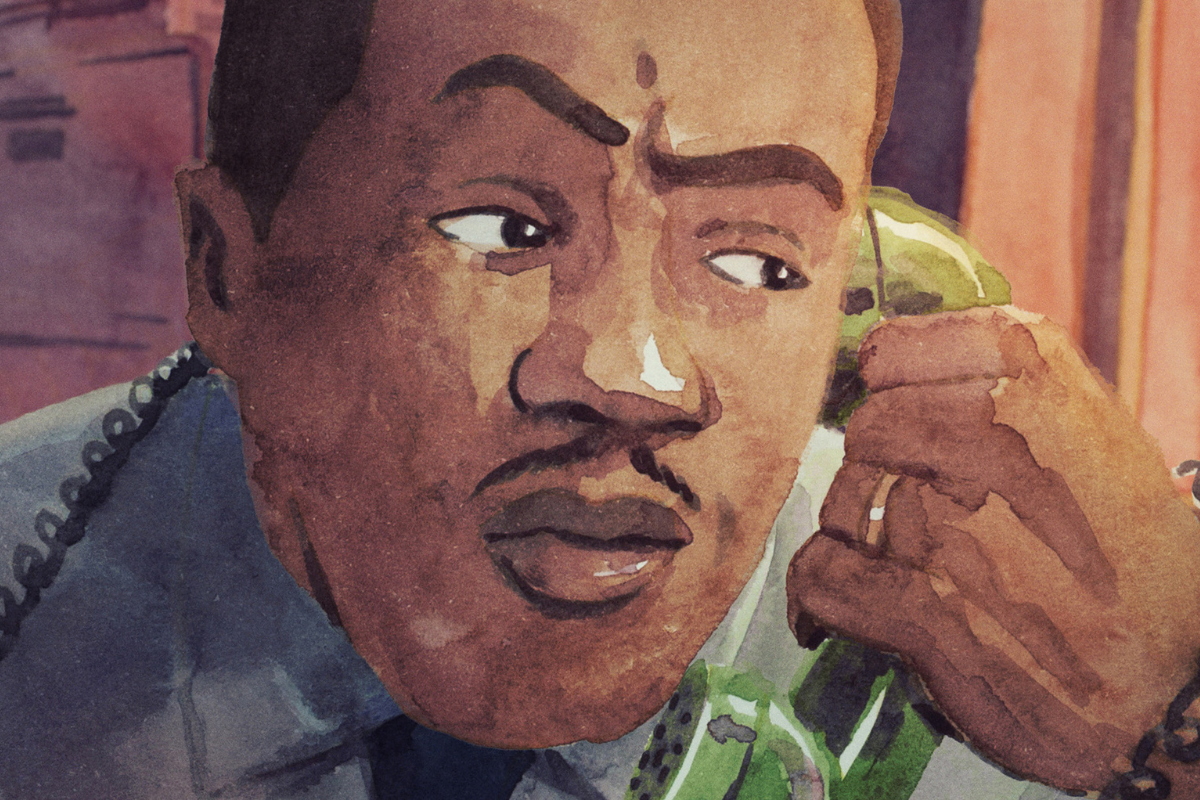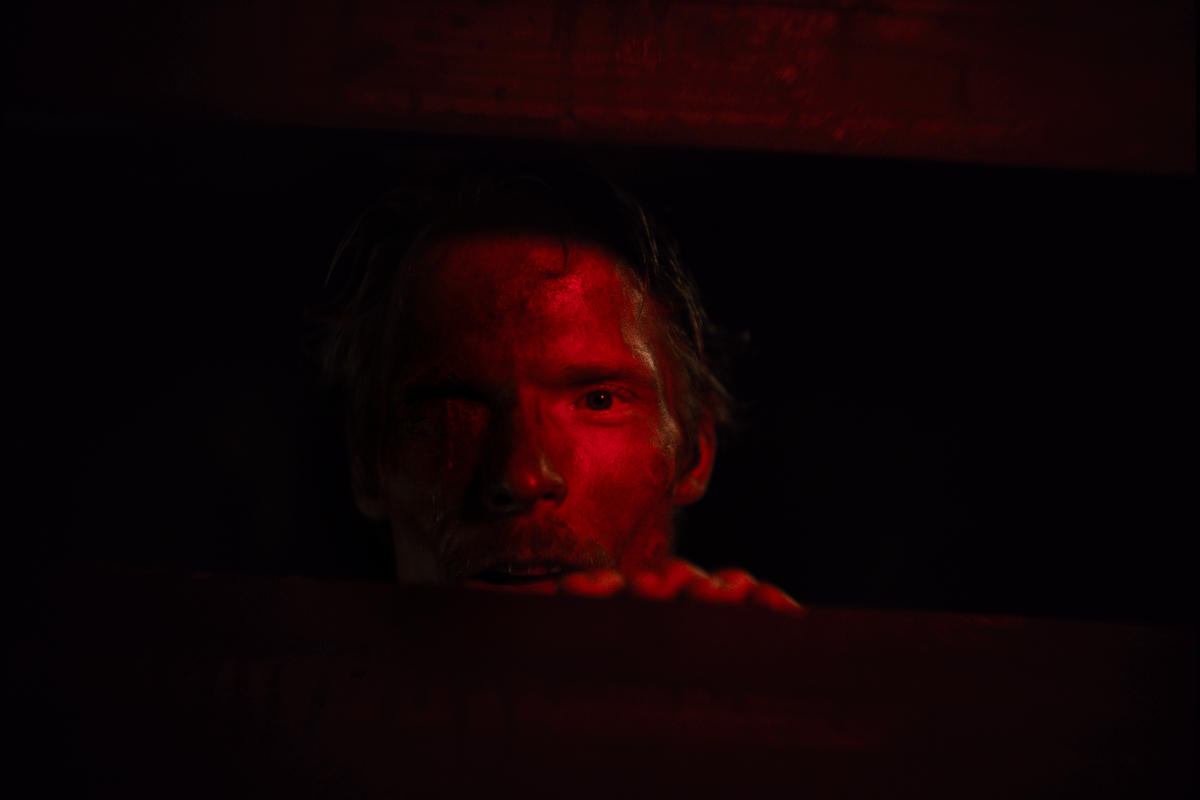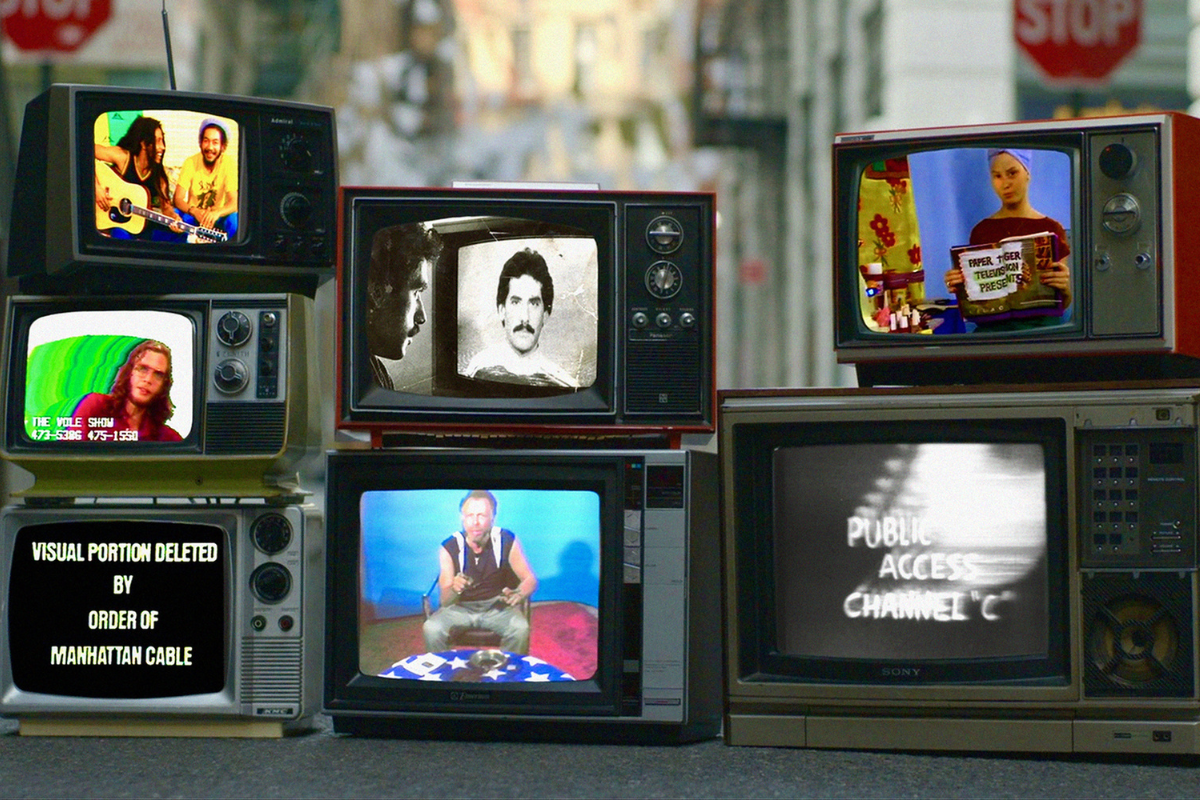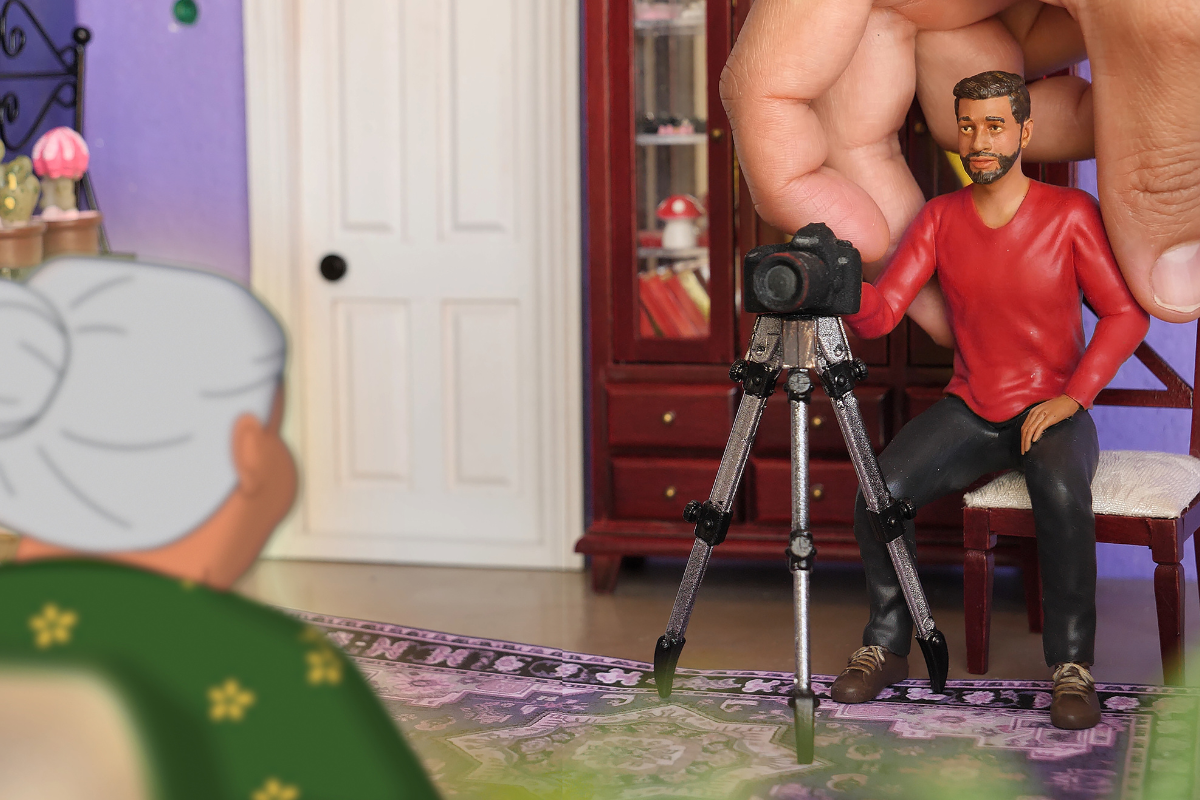Telluride Film Festival Report – Only In Telluride – Day 3
As if the announced slate for the Telluride Film Festival wasn’t stellar enough, a whole slew of what the festival terms “Sneak Peeks” have miraculously appeared bearing stellar fare to try to squeeze into the attendees’ already overloaded schedules.
As if the announced slate for the Telluride Film Festival wasn’t stellar enough, a whole slew of what the festival terms “Sneak Peeks” have miraculously appeared bearing stellar fare to try to squeeze into the attendees’ already overloaded schedules. On this day I was able to start off with one of these films, catch a first-time director’s challenging work and see the return to theatrical brilliance of a well-established cinema icon.
Although tomorrow’s post may be a bit different, this one will follow the established pattern of expanding on the ever too brief TweeView first impressions I’ve posted on Twitter. And I’ll throw in some “only in Telluride” observations as well.
THE FRENCH DISPATCH
It is hard to describe a Wes Anderson film as anything other than a Wes Anderson film. But he still finds ways to display his unique vision in new and refreshing ways. The cinematography in this film is very much in his usual, square framed, almost postcard still style. But I noticed in this outing his use of widescreen elements and different color grading palettes in certain scenes. It’s wonderful to see a director test out new ideas of expression and here it blends into the film aesthetic seamlessly.
That might be because of the chaptered short essay approach to the storytelling here. Anderson chose to use a wonderful multitude of actors to bounce the story through various parts of a timeline of the life of the editor of the French Dispatch magazine. He easily allowed the story to jump around in time and telling, jumping from one perspective to the next without losing the audience. I imagine that the Wes Anderson fans out there enjoyed this hopping around the most, but, I sense that even the average cinephile will have no problem keeping up.
Once again, there is no filmmaker who makes films quite like Wes Anderson, a unique perspective in our cinematic world.
THE LOST DAUGHTER
I think it is extremely difficult to make your first film in a vacuum. When embarking on a new adventure it is considerably helpful to have confidants you can trust to help guide you through the experiences you’ve contemplated but never attempted on your own. I feel like Maggie Gyllenhaal was hampered by trying to make this film during the pandemic. She describes the process she and her crew went through as very lonely. She finished the film within that absence of considered critique and I feel it shows.
Don’t get me wrong. I feel she has tremendous potential as a director. What she attempted with this film is bold, stylistically ambitious and shows that she really does have a keen insight and perspective that I want to see blossom. Gyllenhaal says that after she finished the film and sent it out to the world, Julie Huntsinger, TFF’s co-director, was the first to respond and say that she saw what she was attempting, proved by the fact that it made the cut of this festival that has a very high standard of film excellence.
There are really good parts of this film, the outstanding performance by Olivia Coleman to name one. And the film reflects the ambition to emulate some great cinema. For example, the nearly singular focus on the Olivia Colman/Jessie Buckley character’s perspective is reminiscent of the style masterfully done in Sebastian Lelio’s A FANTASTIC WOMAN. It’s rough around the edges and doesn’t quite work, but, being inspired by great cinema ideas is never a bad thing. Gyllenhaal shines quite a lot and with a little more practice and sage advice along the way, I’m sure she’ll attain the greatness that her potential hints at.
THE POWER OF THE DOG
Campion makes you think in her films. No, really. You need to think. Her characters are always deep and convoluted, her stories are always surprising and challenging to watch at times. (In this film I was nearly triggered by the horrible treatment of the horse in one scene.) But putting the effort in to use your brain while watching a film and afterwards is always rewarding in the end. This technique of allowing the audience to do a lot of the work has been a staple of her storytelling. I wonder whether it might be becoming a crutch though.
When I stepped out of the theater I needed to contemplate to decide whether I liked the film or not. There was a lot going on on that screen. I decided I really did like it and continued to think about the film long after the dark walk back through the streets of Telluride. My wife and I discussed the film and compared notes and thoughts. That’s always the sign of a great cinema artist, to encourage discussion.
Campion herself has said that once she makes the film it’s up to the audience to determine what it means to them. And here is where my questions start to simmer about whether Campion is using a crutch in not saying more on screen. On contemplation and discussion I wondered a lot about the son’s role in the story and considered that Campion may have missed an opportunity to reveal more about what he has done and what he truly represents. In the end I’m only left with my speculations of how circumstances got to the scenes she chose to show and who these characters truly were.
And maybe being left wondering is part of the special sauce that makes Jane Campion such a consummate filmmaker. I’ll have to think on that.
The power of Benedict Cumberbatch
In the category of “only in Telluride” I’ll recount an incident that, though seeming unique turns out is quite the norm, similar to many events that others have experienced while ambling around this town while the festival is on. It is a miraculous event, after all.
While attending a press brunch generously offered by Amazon Studios the timing was such that my article about yesterday’s fare went live at the same time. I stood aside for a bit to use my phone to send the link to the article to all my social media accounts. As you may recall, my list of films seen yesterday included THE ELECTRICAL LIFE OF LOUIS SWAIN starring Benedict Cumberbatch, which happens to be an Amazon Studios release. It only took a few moments with my head down to complete my task. I hit the last “Send” and looked up to find the actual Benedict Cumberbatch standing right in front of me.
I’d like to say this felt unusual to me, but, this sort of thing seems to happen all the time while the TFF filmmakers are in town. You’ll run into them in the street, at the coffee shops, in line to see someone else’s film, (this is the most often reported encounter.) It’s testament to the festival’s reputation as a gathering of cinema enthusiasts of all ilks. And I like it that way. More tomorrow.
Learn more about the craft and business of screenwriting from our Script University courses!
Christopher Schiller is a NY transactional entertainment attorney who counts many independent filmmakers and writers among his diverse client base. He has an extensive personal history in production and screenwriting experience which benefits him in translating between “legalese” and the language of the creatives. The material he provides here is extremely general in application and therefore should never be taken as legal advice for a specific need. Always consult a knowledgeable attorney for your own legal issues. Because, legally speaking, it depends... always on the particular specifics in each case. Follow Chris on Twitter @chrisschiller or through his website.



